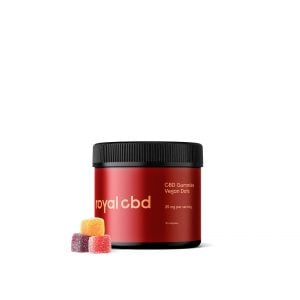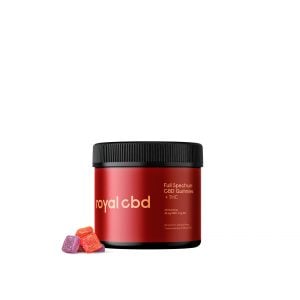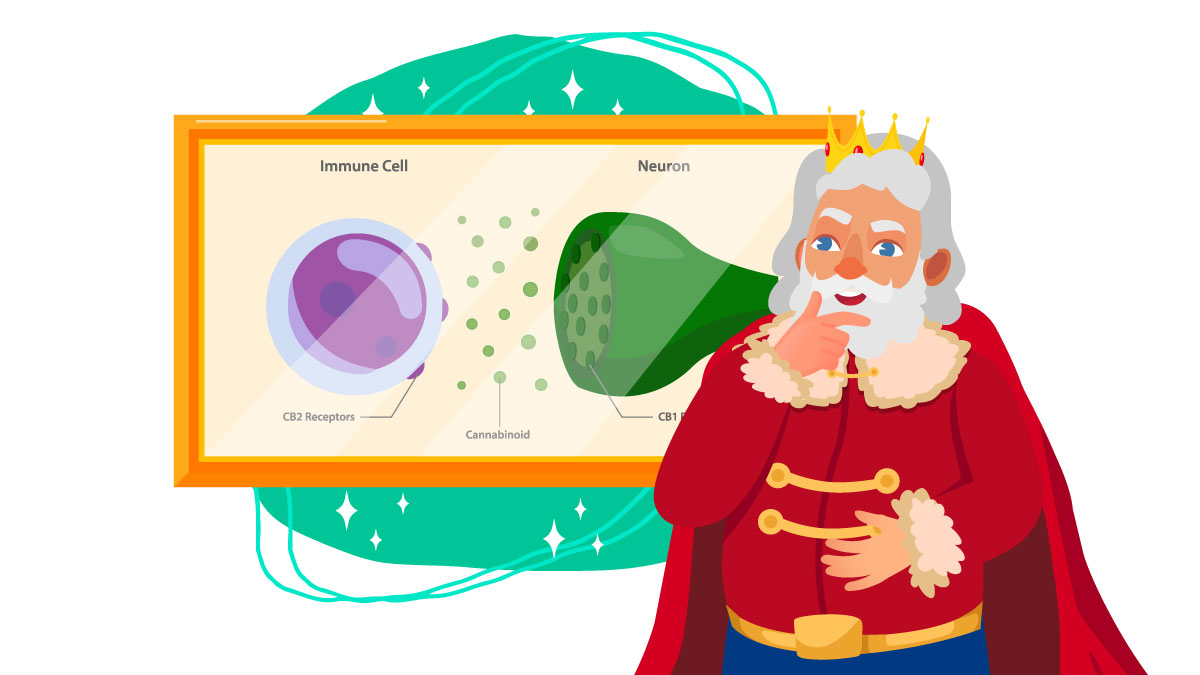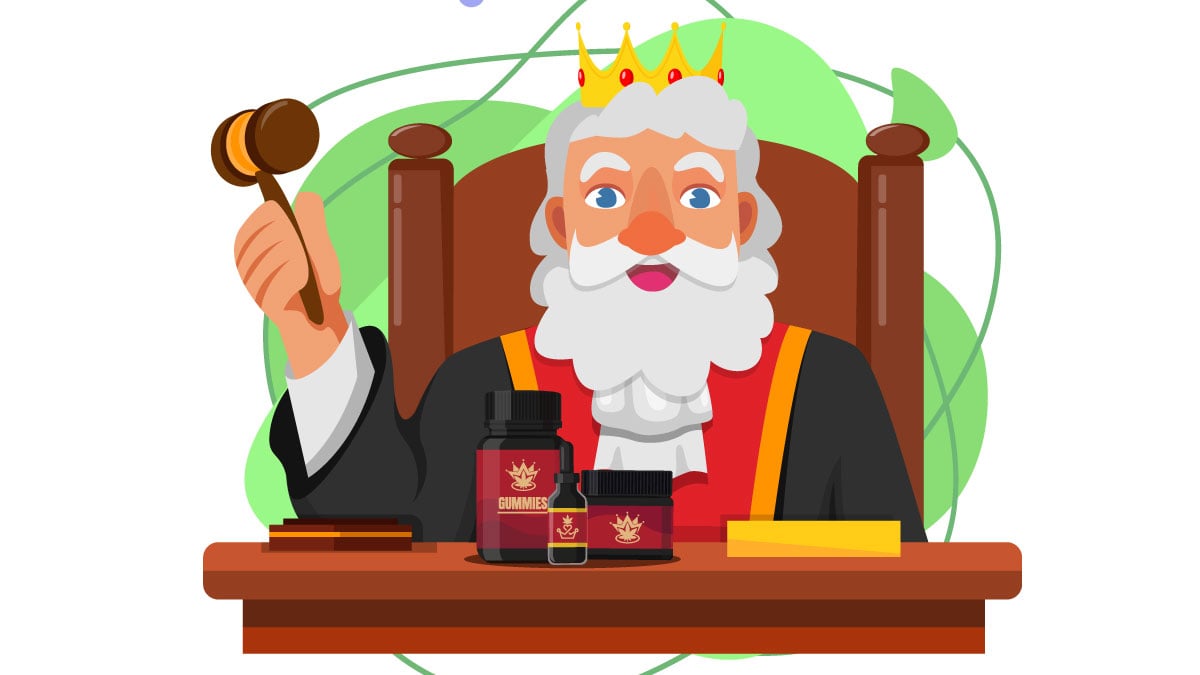Industry experts estimate that the CBD market will hit $2.1 billion by 2020, with $450 million coming from the hemp industry. Yet, according to a survey conducted in 2016, only 5% of Americans know what CBD is and how it works.
For a market that is supposed to skyrocket within the next couple of years, it seems like the public needs some serious education. After all, once the awareness is growing, so is the industry; it’s a win-win situation if you ask us.
So, as a premium CBD supplier who cares about the cannabis community, we feel obliged to contribute to this common goal.
What Is CBD?
The cannabis plant contains 113 active compounds called cannabinoids. CBD, short for Cannabidiol, is one of them. It also happens to be the second cannabinoid – next to THC – that occurs in abundance.
Contrary to THC, CBD has no intoxicating properties, so it won’t make you feel “high.” Better yet, CBD has been scientifically shown to counter the psychoactive effects of THC, including elevated anxiety caused by overconsumption of this compound.
On top of that, CBD comes with a myriad of health benefits, and although hemp-derived CBD is classified as a dietary supplement, there are legions of people who have improved the quality of their life with the simple use of Cannabidiol.
We will elaborate on this later, though. For now, let’s answer another important question.
How Does CBD Work?
Cannabinoids, or phytocannabinoids (phyto = plant in Greek) are capable of interacting with the body and the brain through the endocannabinoid system (ECS). While THC and other cannabinoids act directly on the cannabinoid receptors in the ECS, Cannabidiol has a slightly different nature.
CBD And the Endocannabinoid System
In the 1980s, President Ronald Reagan threw tens of millions of dollars into studies that were aimed to prove that marijuana causes brain damage and cognitive impairment. As you might guess, these studies failed to prove the politically biased claim and instead, they ended up discovering the endocannabinoid system.
The endocannabinoid system is a complex network of cell receptors and neurotransmitters that are responsible for maintaining homeostasis in the body. Cannabinoid receptors are spread throughout the entire body, with largest concentrations in the central and peripheral nervous systems, and in the immune system. The ECS improves the communication between all those systems.
The endocannabinoid system also controls a wide range of biological functions, including sleep, mood, temperature control, immune response, pain and pleasure perception, fertility, memory, and appetite. Whenever something wrong happens with your health, the endocannabinoid system will release its natural cannabinoids (endocannabinoids) to restore the balance and bring you up and about.
In animals such as dogs, as part of the central nervous system and the peripheral system, endocannabinoids are made up of lipids. They are neurotransmitters, meaning that they transfer chemicals to and around the brain of your dogs.
There is a plethora of studies about the effects of CBD for dogs so you will feel comfortable about giving CBD and hemp products to your best friends.
Sometimes, however, the ECS can’t catch up with the damage, which can be the cause of serious chronic conditions, according to some researchers.
Effects & Benefits
Like we said, CBD doesn’t interact directly with cannabinoid receptors (CB1 and CB2), but instead, it stimulates the endocannabinoid system to produce its own cannabinoids. In addition, it slows their breakdown by inhibiting the FAAH enzyme, so the endocannabinoids can stay in your body for longer.
Besides, CBD operates on 60 different molecular pathways, affecting serotonin receptors, immune system, vanilloid receptors, and more. It’s a versatile compound and the number of health-conscious consumers who use it on a regular basis is a living proof of that.
While we are not able to make medical claims in regards to Cannabidiol and CBD products, we strongly recommend doing further research into the benefits of this amazing cannabinoid.
A Final Word on How CBD Works
CBD is a remarkably complex cannabinoid and its interaction with the endocannabinoid system needs to be deeply researched to reveal its full potential. Thankfully, as scientists are preparing to dive all-in into studies on cannabinoids, it’s only a matter of time until CBD makes it to the mainstream on a global scale.





